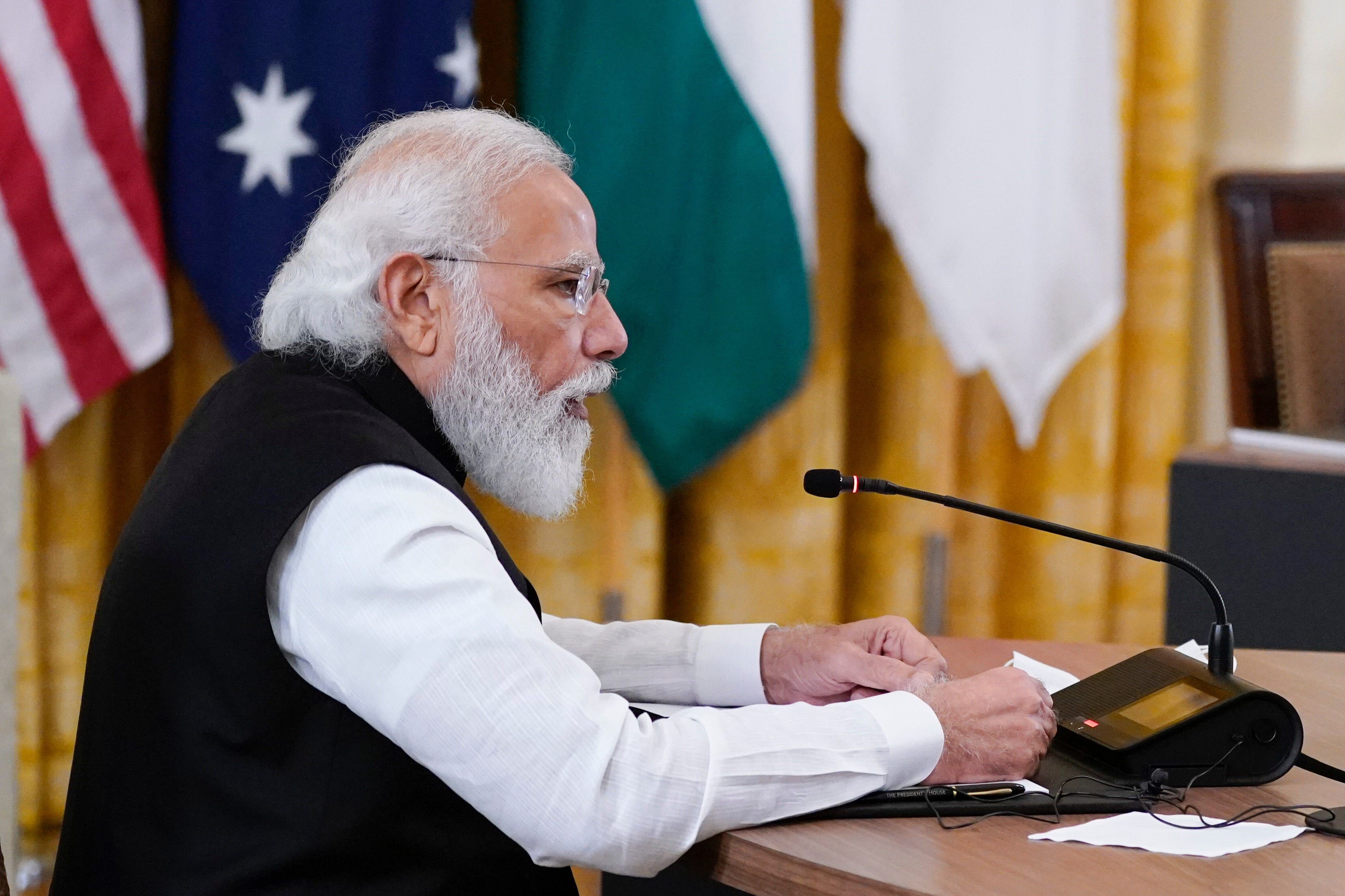Leaders at UN to face global concern over regional conflicts
In today’s world, few conflicts stay local

Your support helps us to tell the story
From reproductive rights to climate change to Big Tech, The Independent is on the ground when the story is developing. Whether it's investigating the financials of Elon Musk's pro-Trump PAC or producing our latest documentary, 'The A Word', which shines a light on the American women fighting for reproductive rights, we know how important it is to parse out the facts from the messaging.
At such a critical moment in US history, we need reporters on the ground. Your donation allows us to keep sending journalists to speak to both sides of the story.
The Independent is trusted by Americans across the entire political spectrum. And unlike many other quality news outlets, we choose not to lock Americans out of our reporting and analysis with paywalls. We believe quality journalism should be available to everyone, paid for by those who can afford it.
Your support makes all the difference.In today’s world, few conflicts stay local.
There’s India’s fight over the Kashmir region with bitter rival Pakistan, Haiti’s inner turmoil spilling into a migrant crisis at the U.S.-Mexico border and questions about the Ethiopian government’s role in reported starvation deaths in the Tigray region.
All will come into full view Saturday when leaders from those regions address the U.N. General Assembly.
India Prime Minister Narendra Modi who spent part of the week meeting with U.S. officials to strengthen ties in the Indo-Pacific, is expected to push back against Pakistan Prime Minister Imran Khan’s scathing — albeit predictable — rhetoric that landed hours earlier.
Khan on Friday once again labeled Modi’s Hindu nationalist government “fascist” and railed against India’s crackdown on Kashmir, the disputed region divided between each country but claimed by both.
Modi, like Khan, is also expected to weigh in on the Afghanistan crisis. The Indian government has raised concerns that the chaos left in the wake of the U.S.'s military withdrawal from Afghanistan will benefit Pakistan and feed the long-simmering insurgency in Kashmir, where militants already have a foothold.
Haiti Prime Minister Ariel Henry is scheduled to give a pre-recorded speech Saturday on behalf of the country that's been roiled by turmoil following the assassination of its president and a recent major earthquake.
The address comes days after Henry fired his chief prosecutor, who had asked a judge to charge Henry in the slaying of Haiti President Jovenel Moise and to bar the prime minister from leaving the country.
The troubles have moved beyond Haiti's borders, with thousands of migrants fleeing to the U.S. This week, the Biden administration’s special envoy to Haiti, Daniel Foote, resigned in protest of “inhumane” large-scale U.S. expulsions of Haitian migrants. Foote was appointed to the position only in July, following the assassination.
Ethiopia will also address the largest gathering of world leaders on Saturday and face the pressure of global concern for its Tigray region.
The U.N. has warned of famine in the embattled corner of northern Ethiopia, calling it the world’s worst hunger crisis in a decade. Starvation deaths have been reported since the government in June imposed what the U.N. calls “a de facto humanitarian aid blockade.”
Russia and the Holy See are also slated to speak Saturday.
The Catholic Church’s government is one of only two permanent non-member observer states to be included in the United Nations.
____
Follow Sally Ho on Twitter at http://twitter.com/_sallyho
Subscribe to Independent Premium to bookmark this article
Want to bookmark your favourite articles and stories to read or reference later? Start your Independent Premium subscription today.